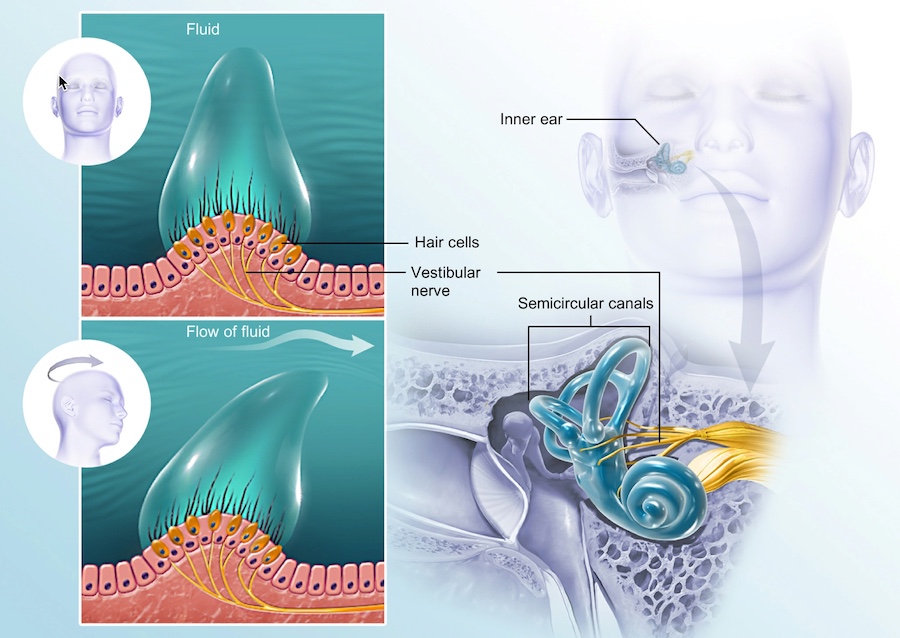Are you feeling dizzy or off balance more often? New research shows it could signal elevated dementia risk.
A study of over 2 million Korean adults found those with vestibular loss were nearly twice as likely to develop dementia compared to the general population during the study period.
Vestibular loss occurs when the vestibular system of the inner ear or central nervous system is damaged, resulting in poor balance and dizziness.
1 big idea: Addressing hearing and balance issues promptly benefits our body and brain.

Why It Matters
Vestibular issues may be a warning sign of cognitive decline years before memory problems appear. Recognizing and treating balance problems sooner could support brain health.
By the numbers: In the study population, 11.4% of those with hearing loss and 12.7% of those with vestibular loss were diagnosed with dementia, compared to 5.9% in the general population.
A closer look
The vestibular system is vital for balance and spatial awareness.
- Previous evidence links vestibular disorders to thinking and memory troubles.
- Hearing loss and falling often accompany vestibular decline.
- Possible reasons for the link include brain atrophy from reduced vestibular input, fear of falling, and neurodegeneration affecting both vestibular and cognitive systems.

The Big Picture: The results of this study are consistent with previous research that found associations between vestibular loss and increased dementia risk.
What's Next: Scientists want to study whether treating balance disorders could help prevent cognitive impairment from developing or progressing.
The takeaway
Don’t ignore balance problems or dizziness. When an audiologist checks your hearing, mention any balance issues or dizziness you’re having.
Make time your ally
Catching hearing and balance issues early allows for more treatment options.
Call to schedule a free, 15-minute hearing screening with an audiologist.
Don't let untreated hearing loss or balance problems threaten your health and happiness.

